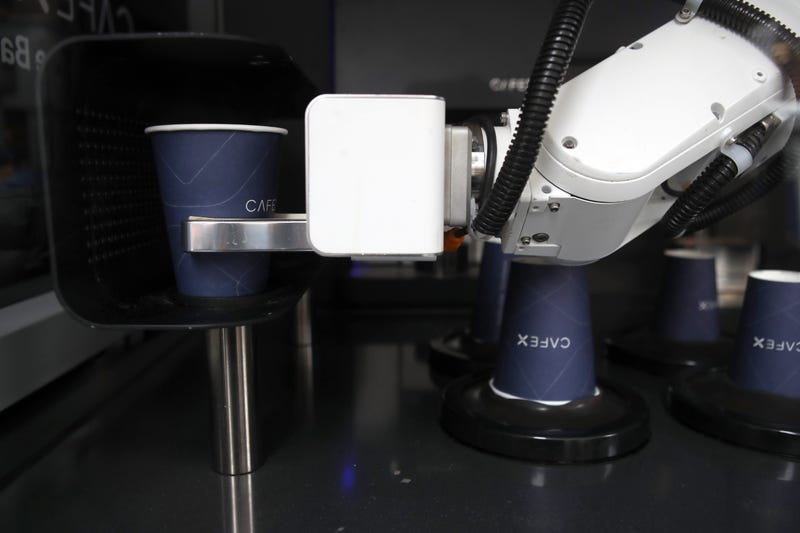
We all knew burger-flipping robots might have been in our future anyway, but now the coronavirus pandemic has accelerated their rise as virus-wary kitchens aim to put distance between workers and customers.
That need falls squarely on firms in Silicon Valley, two of which were already in the business.
The U.S. Centers for Disease Control and Prevention assesses the risk of getting COVID-19 from handling or consuming food outside the home as "low." However, there have been numerous outbreaks among restaurant employees and patrons around the country.
"I expect in the next two years you will see pretty significant robotic adoption in the food space because of COVID," said Vipin Jain, CEO/Co-Founder of Blendid.
"What used to be forward-thinking - last year, pre-COVID - has become current thinking," Jain said.
As salad bars shut down, Chowbotics - based in Hayward - started getting more inquiries about Sally, a robot roughly the size of a refrigerator that makes a variety of salads and bowls. Sally lets customers choose from more than 20 prepared ingredients stored inside the machine and can make around 65 bowls a day before kitchen workers need to refill the machine's ingredients.
Prior to this year, Chowbotics had sold around 125 of its $35,000 robots, primarily to hospitals and colleges. But since the pandemic hit, sales have jumped more than 60%, according to CEO Rick Wilmer.
